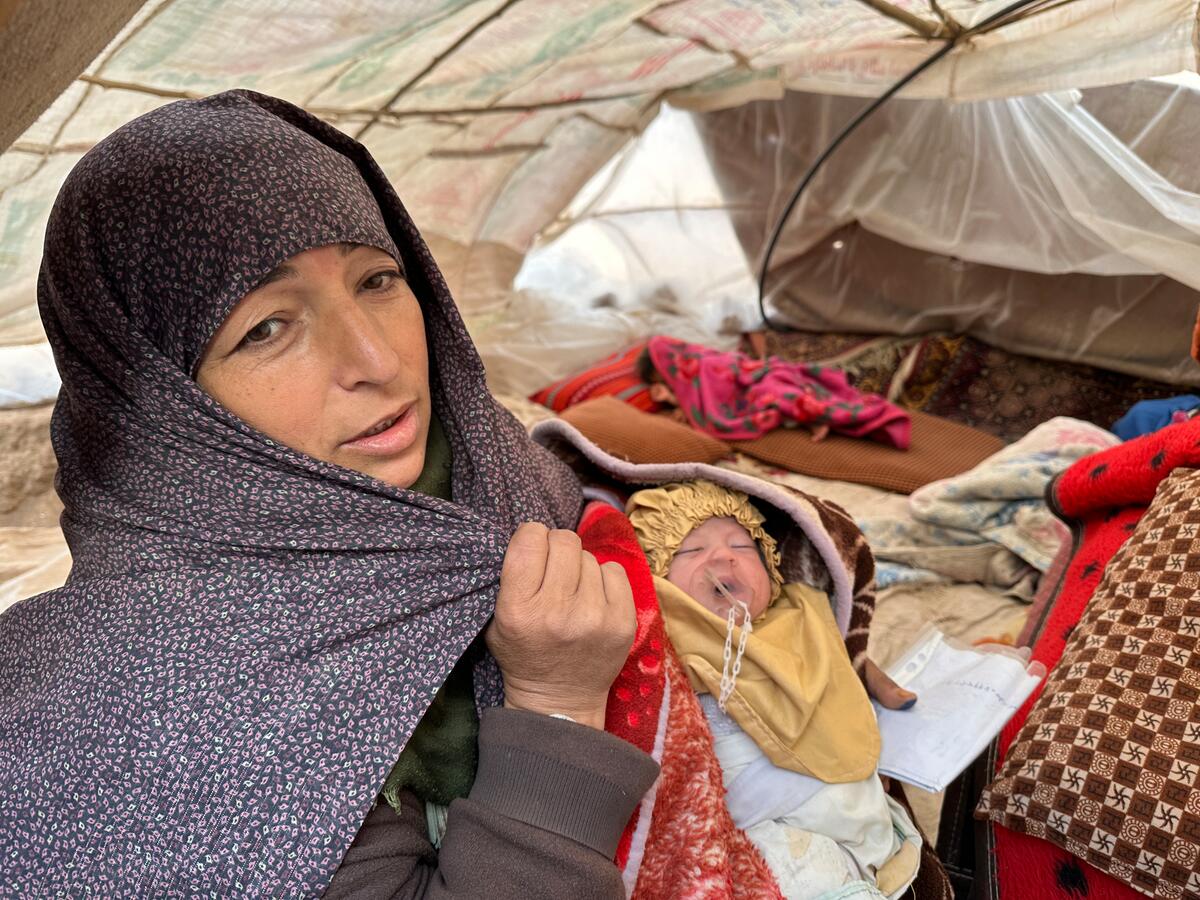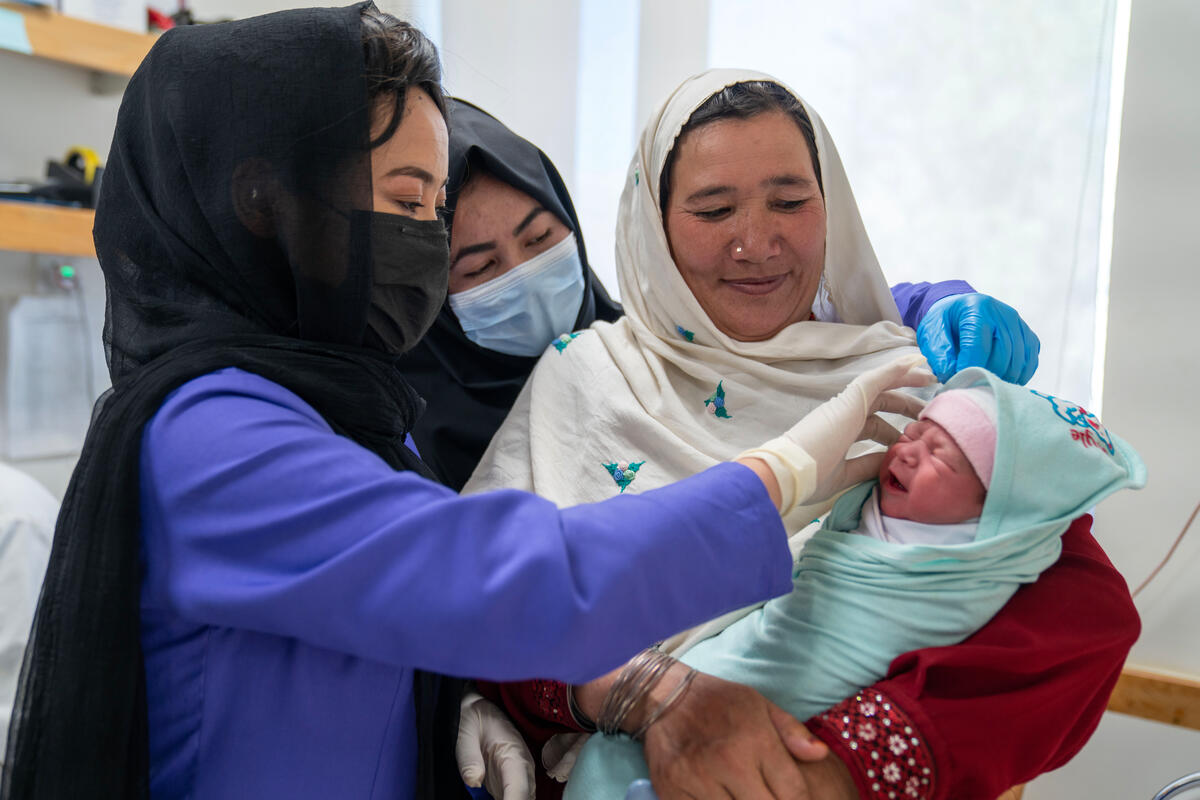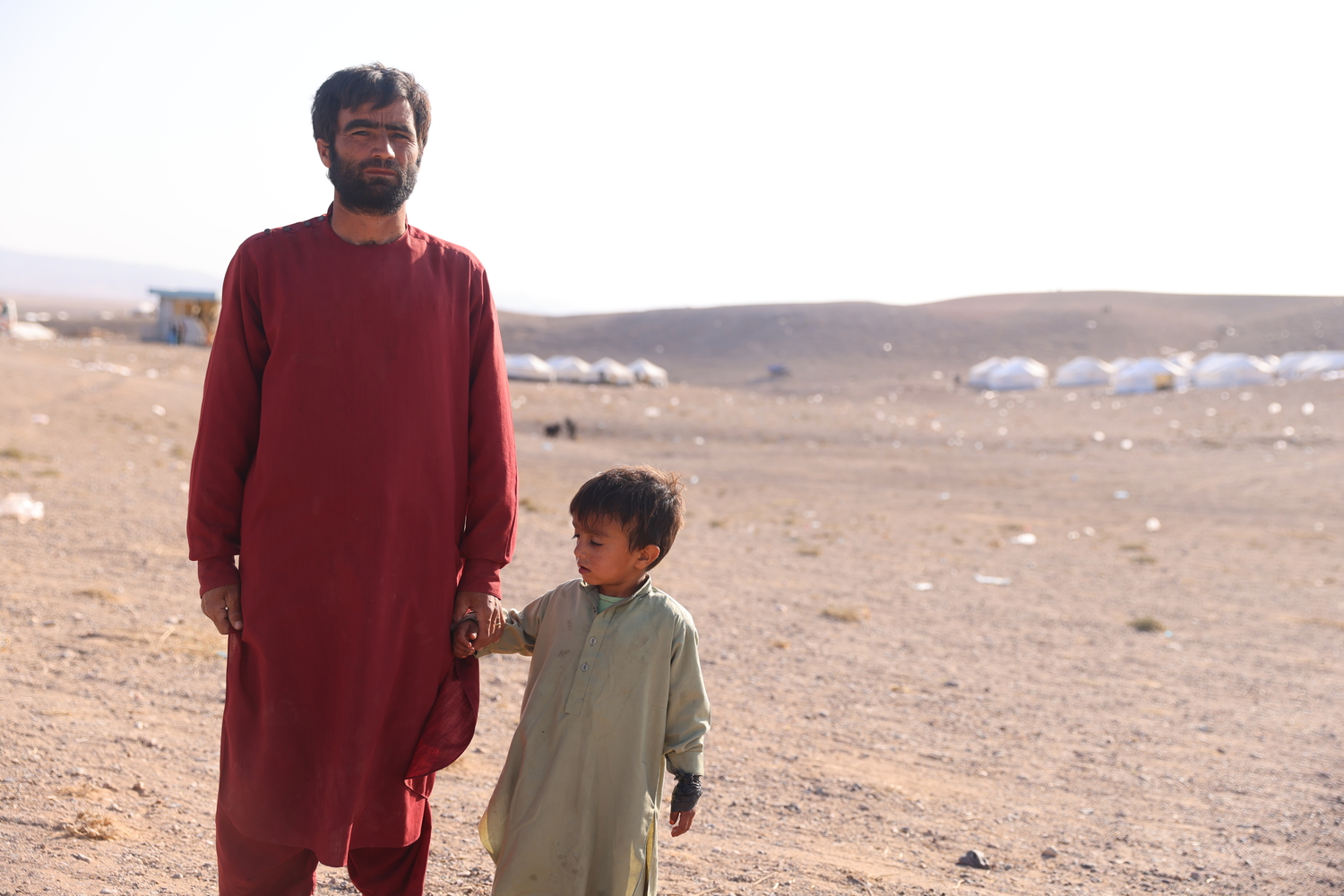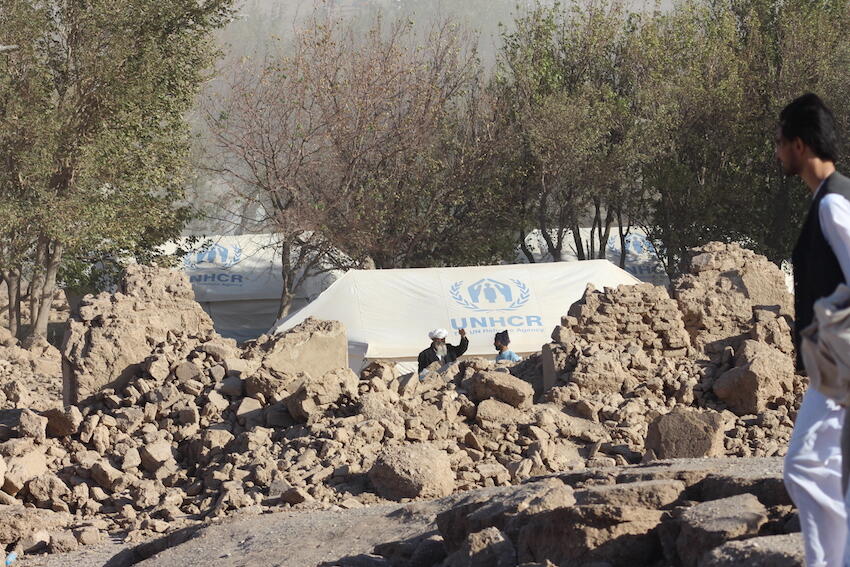UNHCR and Pakistan government launch major survey on Afghan refugees
UNHCR and Pakistan government launch major survey on Afghan refugees

ISLAMABAD, Pakistan, September 13 (UNHCR) - An ambitious project to survey the world's largest refugee population has been launched by UNHCR and the government of Pakistan.
The survey aims to capture extensive information on the challenges faced by the 2 million Afghan refugees in Pakistan, as well as their contribution to the country's economy. By responding to questions on their livelihood, health, social conditions, legal and other issues, Afghan refugees will have the opportunity to influence government policy and programmes designed to manage a refugee situation that goes back more than 30 years.
The Population Profiling Verification and Response (PPVR) survey is being carried out by UNHCR implementing partners Basic Education for Awareness Reforms and Empowerment (BEFARe) and Enterprise for Business and Development Management (EBDM).
Following a trial phase last year, the survey was formally rolled out recently with survey teams going door to door in 25 districts in all the four provinces of Pakistan. It will continue until the end of 2011, by which time several hundred thousand Afghans are expected to have taken part.
Two person male and female survey teams are going door to door to collect information on Afghan households and communities in cities, rural areas and camps. The data is collected and entered in the field through laptop computers, said Khawar Khan Mohmand, an assistant project manager at BEFARe.
"This is an important chance for Afghans to let policymakers know about their current concerns, their plans for the future and contributions they are making to their host country. We strongly encourage them to take part in the process," said Maya Ameratunga, UNHCR's deputy representative in Pakistan.
The data gathered in the survey will inform the Pakistan government's Afghan Management and Repatriation strategy, which will introduce alternative stay arrangements for Afghans in Pakistan, such as visas and permits, by the end of 2012.
The home of Abdul Basir, a 63-year-old Afghan refugee and community leader living in Rawalpindi, adjacent to the capital Islamabad, was one of many recently visited by the survey teams. He told them that he and other Afghans are optimistic the survey will yield results that will enable a more targeted approach to addressing the concerns of the Afghans refugees in Pakistan.
Responding to the surveyors' questions, he said that despite holding a masters degree, he supports his six-member family by running a shop at a local market in Islamabad, earning between 9,000 and 10,000 rupees a month, or a little more than one hundred US dollars. Most of that, he told the team, is spent on rent on his house and shop.
''The money I make is hardly enough for our survival," he said. "Relatives and friends abroad send me about 15,000 rupees (US$170) a month, which I use to feed my family and pay the school fees of my two sons. I can't afford to admit my two daughters into school."
As an elder of the Afghan community, Basir helps the survey team to identify Afghan families living in Pindora, a congested area in the centre of Rawalpindi.
Basir said he misses Afghanistan but cannot go back because of the security situation, the lack of health and education facilities as well as the poor employment opportunities.
By Qaiser Khan Afridi In Islamabad, Pakistan








